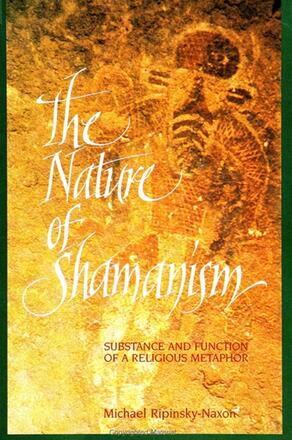
The Nature of Shamanism
Substance and Function of a Religious Metaphor
Alternative formats available from:
Description
Ripinsky-Naxon explores the core and essence of shamanism by looking at its ritual, mythology, symbolism, and the dynamics of its cultural process. In dealing with the basic elements of shamanism, the author discusses the shamanistic experience and enlightenment, the inner personal crisis, and the many aspects entailed in the role of the shaman.
Michael Ripinsky-Naxon is Director of the Central American Institute of Prehistoric and Traditional Cultures in Belize and executive board member of the American Foundation for Cultural Studies. He was formerly the Director of Prehistoric Studies at the Mediterranean Research Center, Greece.
Reviews
"This book is provocative! It is a 'thinking book;' the reader cannot remain passive. It makes one realize that truths are constantly being rediscovered in all cultures throughout all time—how we create culture and how culture in turn creates us—the circle of truths, ancient and modern. I was sometimes awestruck by the comprehension of the author. A profound and powerful work, I enjoyed it to the last sentence. " — Lana Clark